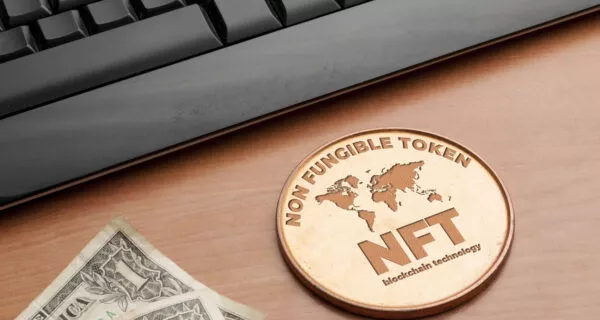The world of Non-Fungible Tokens (NFTs) is still very much in a state of flux. Powered by the same blockchain technology that supports cryptocurrency, an NFT is a unique set of data stored on blockchain. Unlike dollar bills or grains of rice (which are interchangeable with one another), each NFT is different, as warranted by a digital certificate of authenticity which is traceable on blockchain and publicly available. NFTs are used to represent ownership of an original digital asset, such as a graphic art file, video clip, or music. Although an NFT does not prevent a digital asset from being copied, it does establish ownership of it, which is something that cannot be copied and therein lies the value of an NFT. It is important to note, however, that an NFT only gives the holder certain rights to the asset; the full ownership position still belongs to the artist. If you are contemplating a business transaction involving NFTs, consider the following tactical suggestions before jumping in: For Sellers For Brokers/Selling Platforms For Buyers In sum, NFTs are like many other emerging technologies in that they are fraught with various imponderables. The headlines are certainly reporting huge sums of money in certain transactions. To my mind, NFTs are similar to an investment in art, which reminds me of something my mother, the watercolor artist, always said when people would ask if art is a good investment: “Diversify. Whatever money you have to invest, save some for art because you don’t store art in a file like a stock certificate. If you like the art, you will enjoy it every day, and that is your dividend.” If you would like to discuss NFTs or a potential NFT transaction from any side of the table, please feel free to contact Brad Auerbach at [email protected] or 310-382-0019. Brad Auerbach is a Partner with our California-based team, bringing over three decades of senior in-house counsel experience in the media, gaming and technology industries. Brad has been involved in structuring many groundbreaking deals with a diverse range of rights holders, including NFL, NBA, NHL, HBO, MTV, ESPN, Sesame Workshop, Nickelodeon, Live Nation, Marvel Entertainment, International Olympic Committee, English Premier League, Screen Actors Guild, every significant Hollywood studio, each of the major record labels, many major book and news publishers, several world class photographers and Getty Images, among numerous others.
This publication should not be construed as legal advice or a legal opinion on any specific facts or circumstances not an offer to represent you. It is not intended to create, and receipt does not constitute, an attorney-client relationship. The contents are intended for general informational purposes only, and you are urged to consult your attorney concerning any particular situation and any specific legal questions you may have. Pursuant to applicable rules of professional conduct, portions of this publication may constitute Attorney Advertising.
